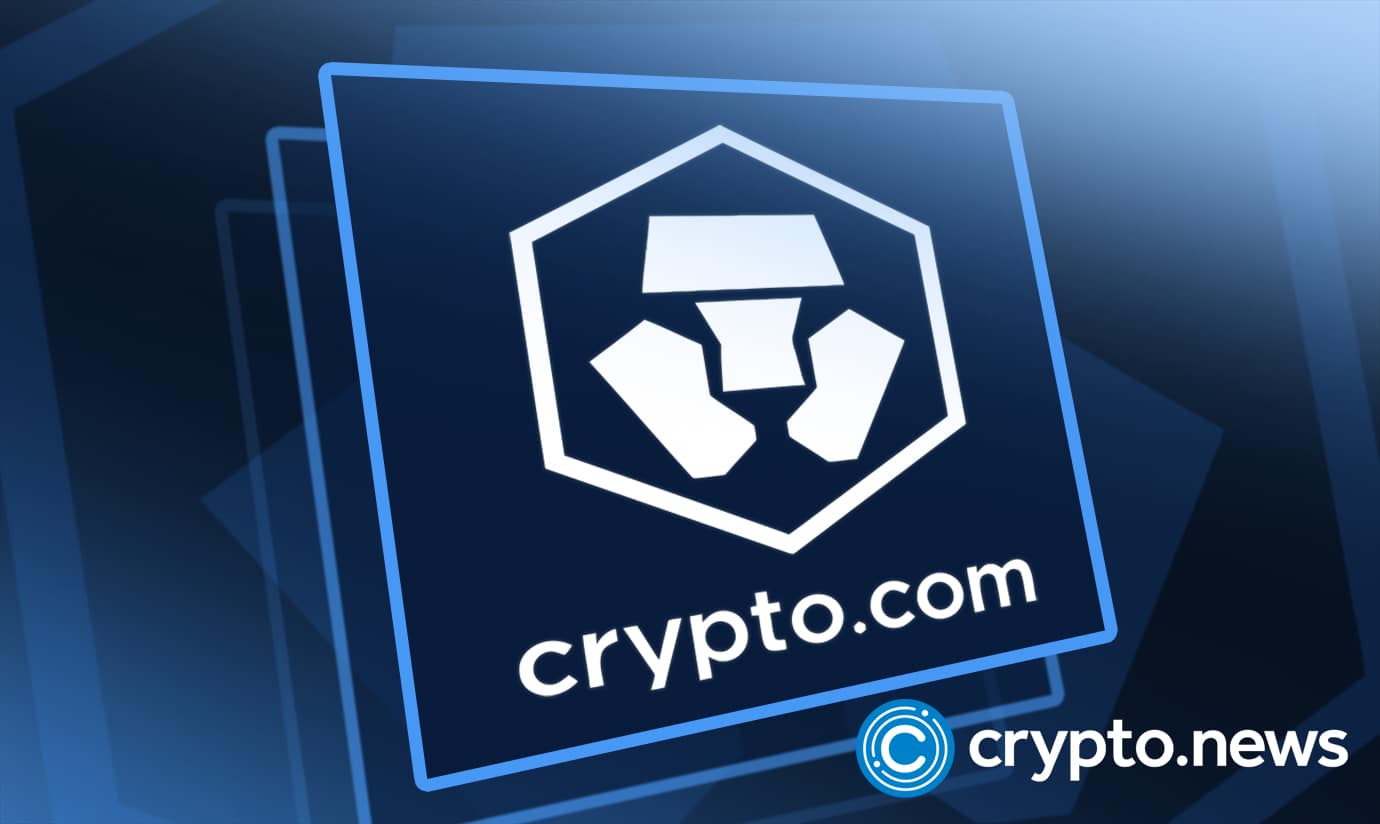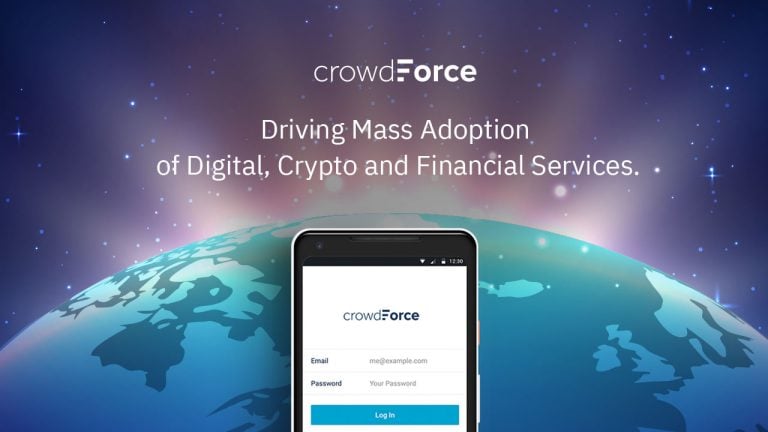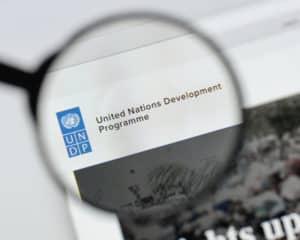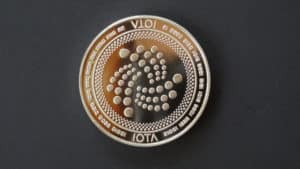2018-10-16 00:40 |
Adhara Gets $15 Million Funding to Bring Blockchain Privacy to Central Banks
Adhara, a blockchain startup has won $15 Million Funding from Consensys, the ethereum design studio to bring blockchain privacy to Central Banks.
The company is an offshoot of Consensys South Africa, with Peter Munnings, former head of blockchain at FirstRand Bank in South Africa, as one of the co-founders. The other two co-founders are also heavy hitters: Julio Faura, Santander's former blockchain lead, and Edward Budd, a former chief digital officer at Deutsche Bank.
Terms of Adhara’s funding stipulates that the company will introduce central banks to high-tech cryptography to drive better performance on the blockchain. A case in point is zero-knowledge proof technology (a way of allowing someone to prove that they have knowledge of a secret without revealing the secret itself).
It is expected to achieve these while continuing its industry-grade payments mechanism of the South African Reserve Bank.
Julio Faura said the team is keen about the synergy of tokenized cash, smart contracts and decentralized ledgers, which, on Adhara's platform, was implemented via a modified version of Quorum, the privacy-centric fork of ethereum.
“Our approach needs a single, shared, smart contract-enabled ledger where tokenized fiat can be issued and used as a basic building block,” said Faura, “and the only real option out there at the moment is ethereum, in whatever flavor.”
Faura spoke further that
“If you are religious – like we are – about tokenization, you can see it unlocking possibilities to mix this with other assets; trading with a digital representation of value means you can focus on other aspects of the financial industry.”
Edward Budd also highlighted the much-vaunted concept of tokenized fiat currency, saying:
“Whether derived from a central bank or a commercial bank, it's the only practical way to drive adoption within regulated financial institutions.”
Faura explained that his decision to leave his former employment was driven by his passion to solve real-world problems – something he said is hard to do within a large and highly regulated bank.
“The challenge today is bringing blockchain technology to real things, and I think this is best done from an agile startup that can independently serve many institutions,” he said.
Adhara's work demonstrates a notable advancement on another central banking blockchain test, Project Ubin – a November 2017 trial of digital ledger tech hosted by the Monetary Authority of Singapore (MAS) and involving R3's Corda, Hyperledger Fabric and Quorum.
The work done by Adhara to process and settle international payments involving the South African Reserve Bank (SARB), dubbed Project Khokha, addressed a number of pain points, such as reconciling what happens at either end of a payment between a mish-mash of disconnected ledgers and the problem of continually rebalancing accounts via the central bank.
origin »Bitcoin price in Telegram @btc_price_every_hour
High Performance Blockchain (HPB) на Currencies.ru
|
|























